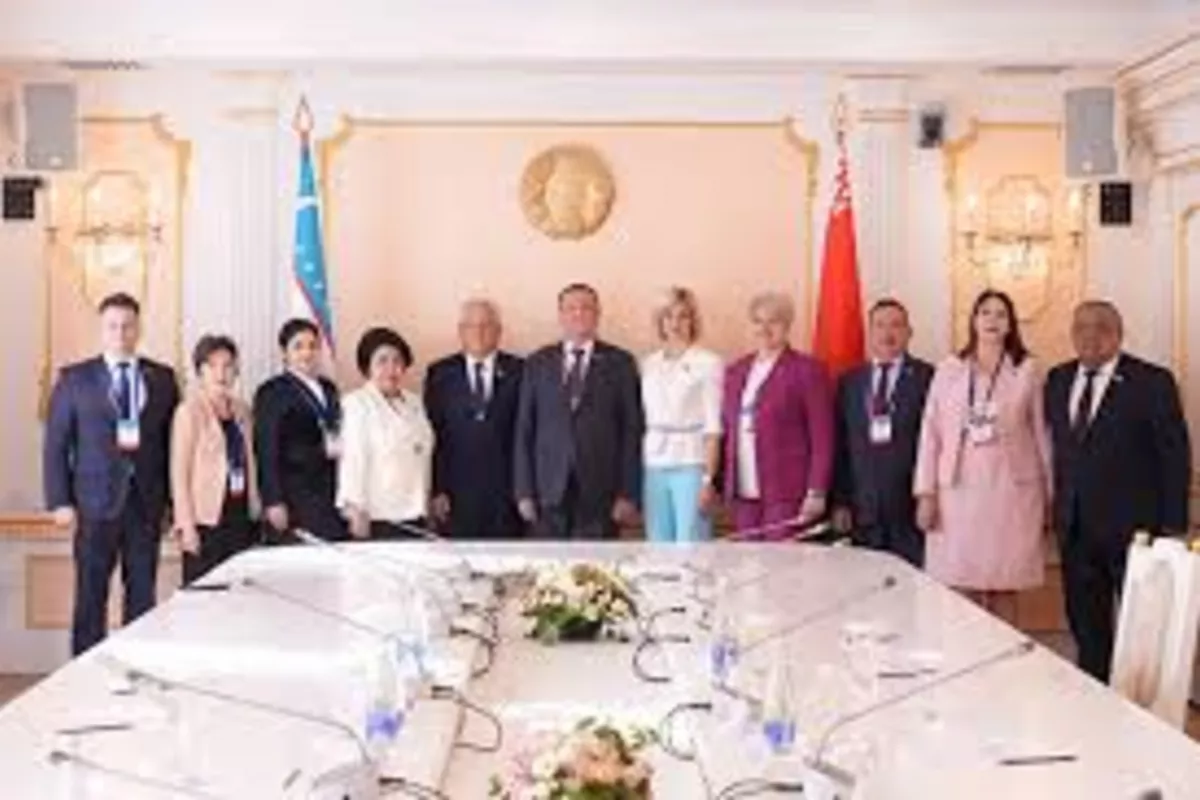
The first session of the Interparliamentary Commission on Cooperation between Uzbekistan’s Senate and Council of the Republic of the National Assembly of Belarus has been held in Vitebsk, where participants discussed priority areas, explored prospects for the new cooperation format, and emphasized the commission’s role in fostering structured dialogue and long-term programs across political, economic, social, and humanitarian spheres.
Lawmakers placed particular emphasis on interregional collaboration and the engagement of local representative bodies, noting that regions could drive partnership through experience-sharing and joint initiatives in education, culture, healthcare, tourism, and social policy, The Caspian Post reports via Uzbek media.
The commission also recognized the impact of the Third Belarus-Uzbekistan Women's Business Forum, which showcased discussions on tourism, education, engineering, and light industry, reflecting strong mutual interest in practical business cooperation.
Active collaboration between youth parliaments of both countries was underscored as a key initiative, enabling young people to participate in lawmaking, exchange expertise, and build lasting connections.
The meeting concluded with an agreement to develop joint mechanisms and programs aimed at deepening interparliamentary dialogue, enhancing regional cooperation, supporting public initiatives, and fostering youth engagement, reinforcing the commission’s role as a cornerstone of Uzbekistan-Belarus comprehensive partnership.
Share on social media